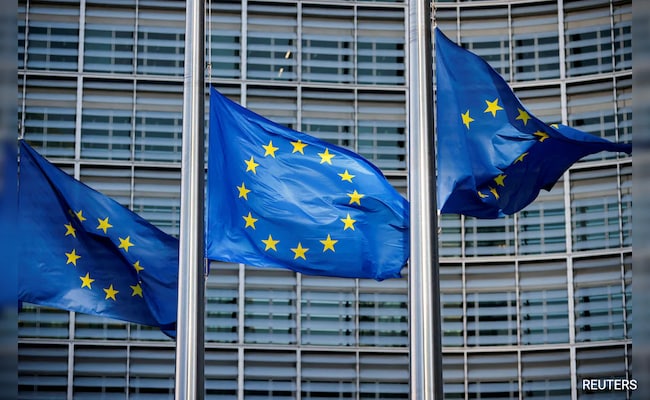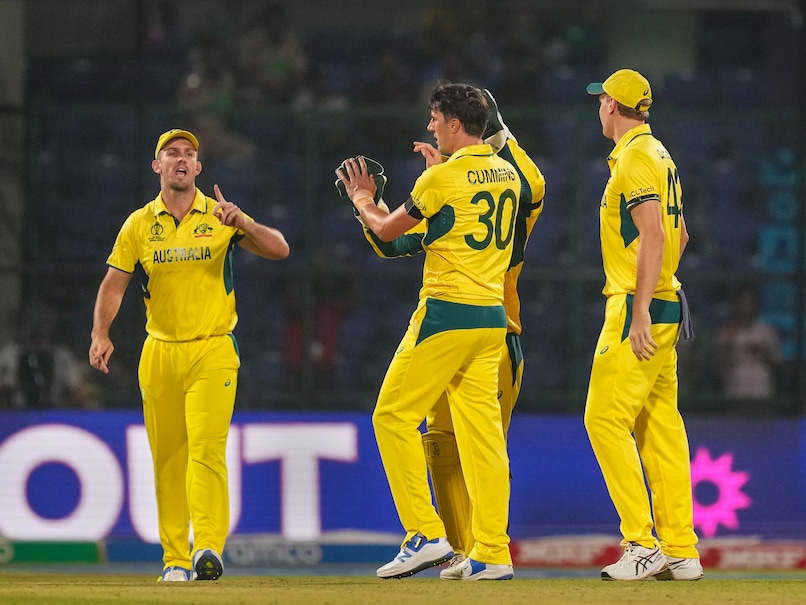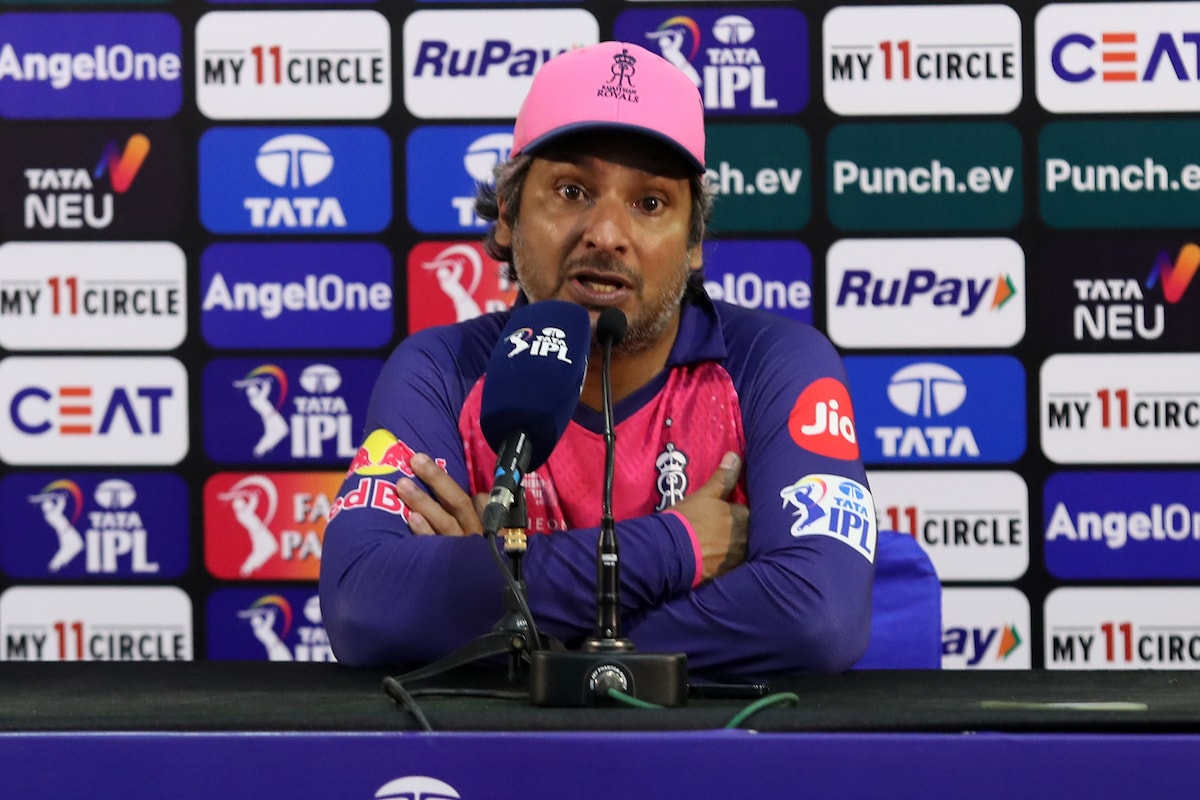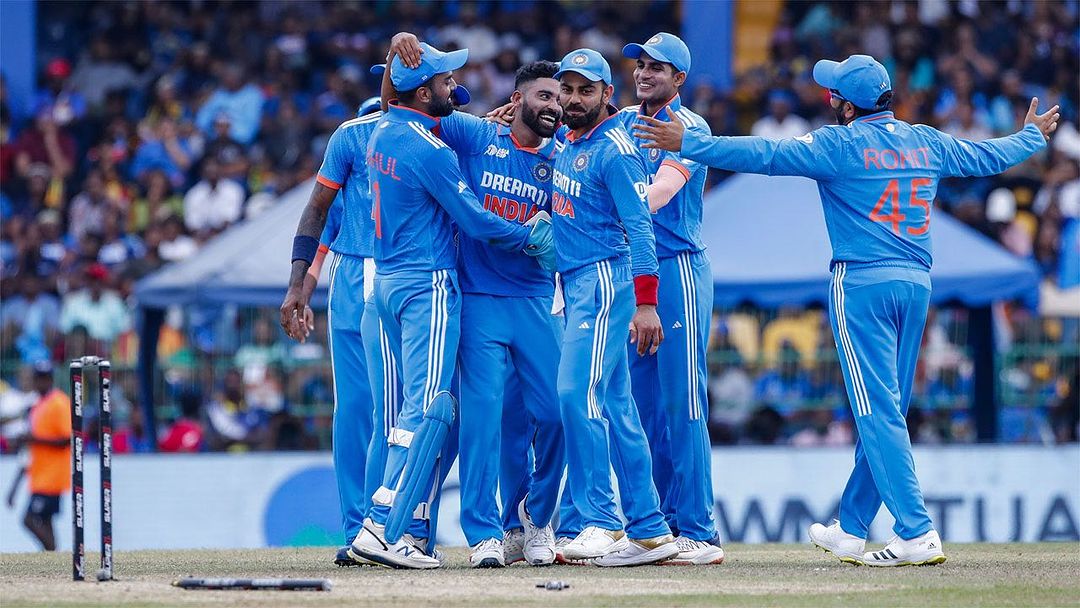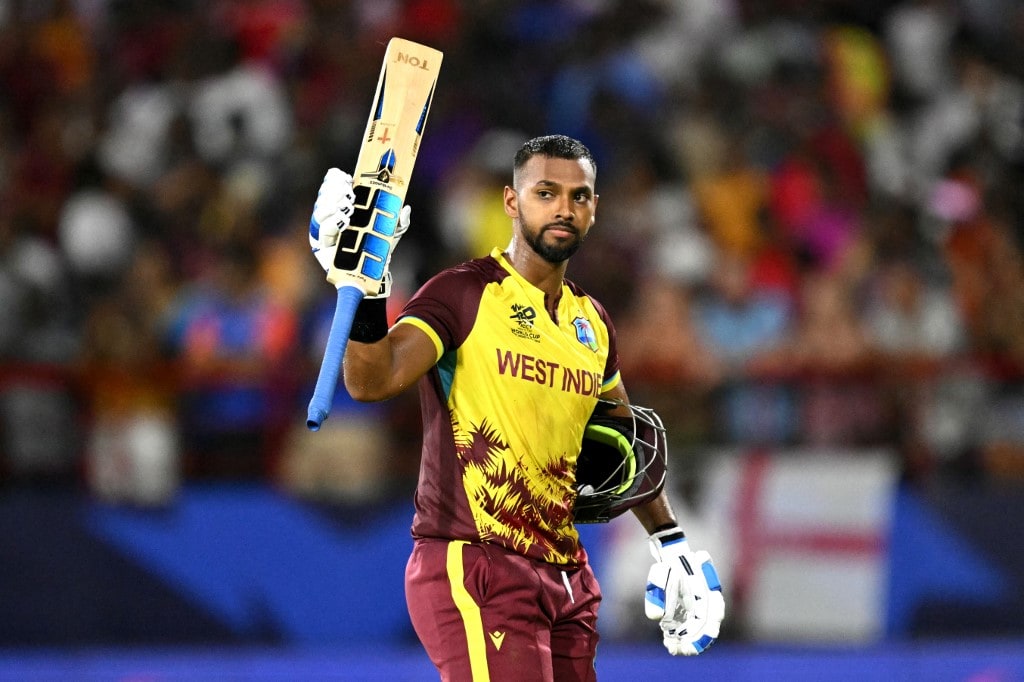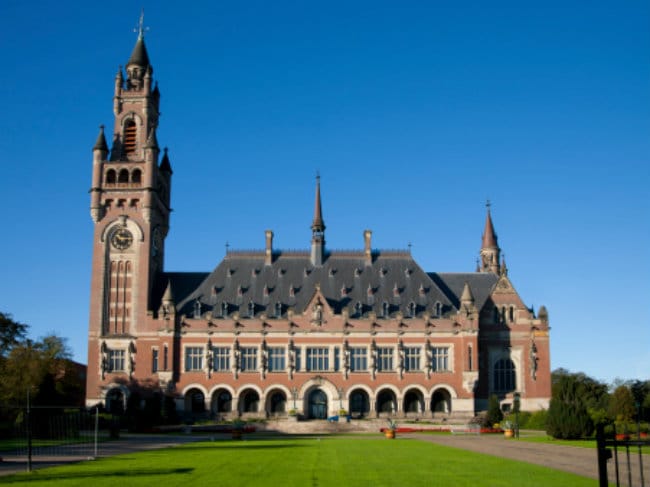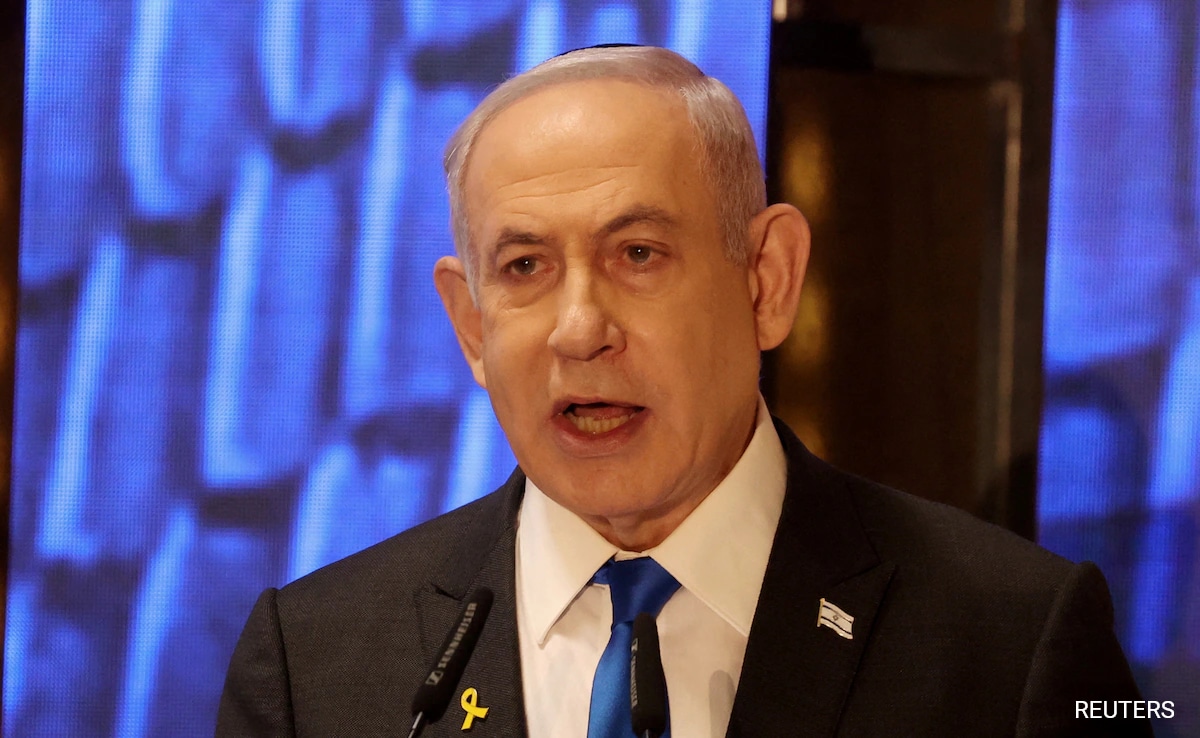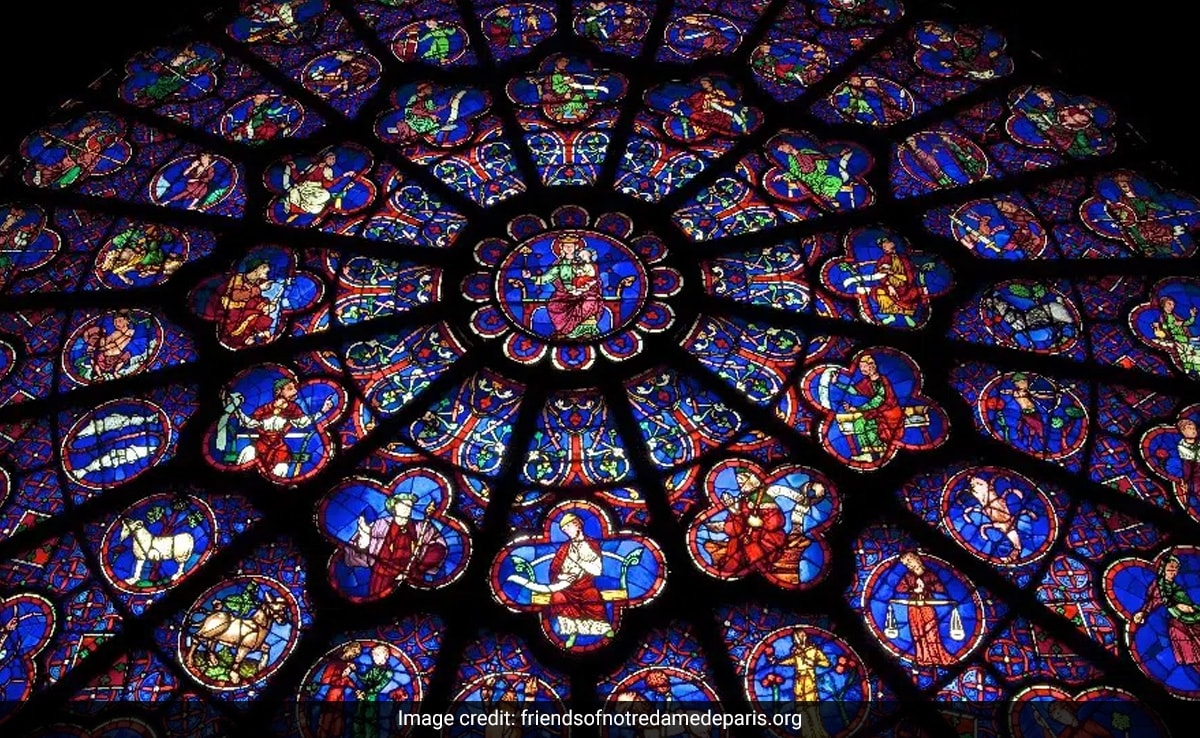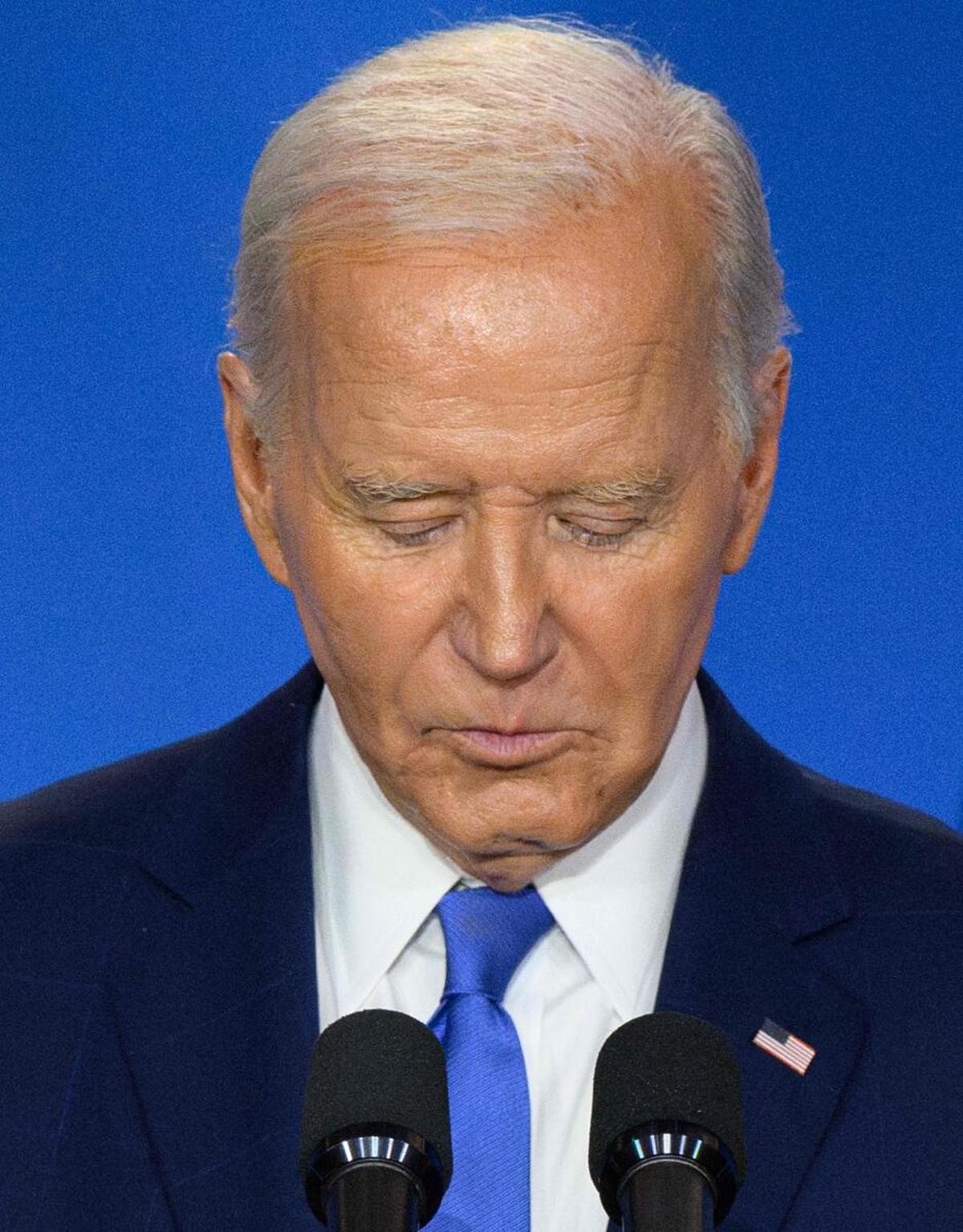In this image made from video released by the Russian Defense Ministry on July 16, 2024, a Russian tank fires toward Ukrainian position at an undisclosed location.
| Photo Credit: AP
The Kremlin on July 16 gave a cautious reaction to Ukrainian President Volodymyr Zelensky’s apparent invitation to a future peace summit, saying that Russia first needs to understand what Kyiv means before attending talks.
Mr. Zelensky said on July 15 that Russia “should” be represented at a second summit on the Ukraine conflict, a change of tone from last month when Kyiv excluded Moscow from a high-level peace conference in Switzerland.
“The first peace summit was not a peace summit at all. So perhaps it is necessary to first understand what he means,” Kremlin spokesman Dmitry Peskov told the Zvezda television channel, responding to Mr. Zelensky’s comments.
Leaders and top officials from more than 90 countries gathered at the Swiss mountainside resort of Burgenstock in June for the first summit, which Russia derided as a waste of time.
Both Russia and Ukraine are worlds apart on the terms of a possible peace settlement to end the more than two year conflict.
Moscow insists it must keep all the territory it now occupies — some 20% of the country — while Kyiv demands all Russian soldiers retreat from Ukraine’s internationally recognised borders, including the Crimean peninsula, which Moscow annexed in 2014.

‘Not worried’
Washington said on July 15 that it backed Ukraine’s decision to invite Russia to a second summit, but expressed doubt about whether Moscow was ready for talks.
“When they want to invite Russia to that summit, of course, that is something we support,” U.S. State Department spokesman Matthew Miller told journalists.
“We have always supported diplomacy when Ukraine is ready, but it has never been clear that the Kremlin is ready for actual diplomacy,” he said.
Ahead of last month’s summit, Russian President Vladimir Putin said he was open for negotiations and would announce a ceasefire immediately if Kyiv effectively surrendered territory that Moscow claims as its own.

Mr. Zelensky slammed Mr. Putin’s demands as a territorial “ultimatum” reminiscent of those issued by Adolf Hitler, and Ukraine’s Western backers including the U.S. reacted with scorn.
But there is growing apprehension in Kyiv about the long-term trajectory of the conflict, given Russia’s recent battlefield gains and the potential for a Donald Trump victory in November’s U.S. elections.
Mr. Zelensky said on July 15 he was “not worried” about the prospect of Mr. Trump winning and that he was still counting on support from the U.S., Ukraine’s biggest financial and military backer.
EDITORIAL | Talking peace: On Ukraine and the Switzerland organised peace conference
But the Republican Party candidate has suggested he would end the conflict very quickly if he won back the presidency, a promise Kyiv fears would mean being forced to negotiate with Moscow from a weakened position.
Russia has no incentive to take part in diplomatic conferences since it is making progress on the front, albeit slowly, said the director of the Carnegie Russia Eurasia Center, Alexander Gabuev.
“Russia will seek to use this window for as long as it’s there. All these Ukrainian statements are unlikely to lead to any practical changes in diplomacy,” he told AFP.

